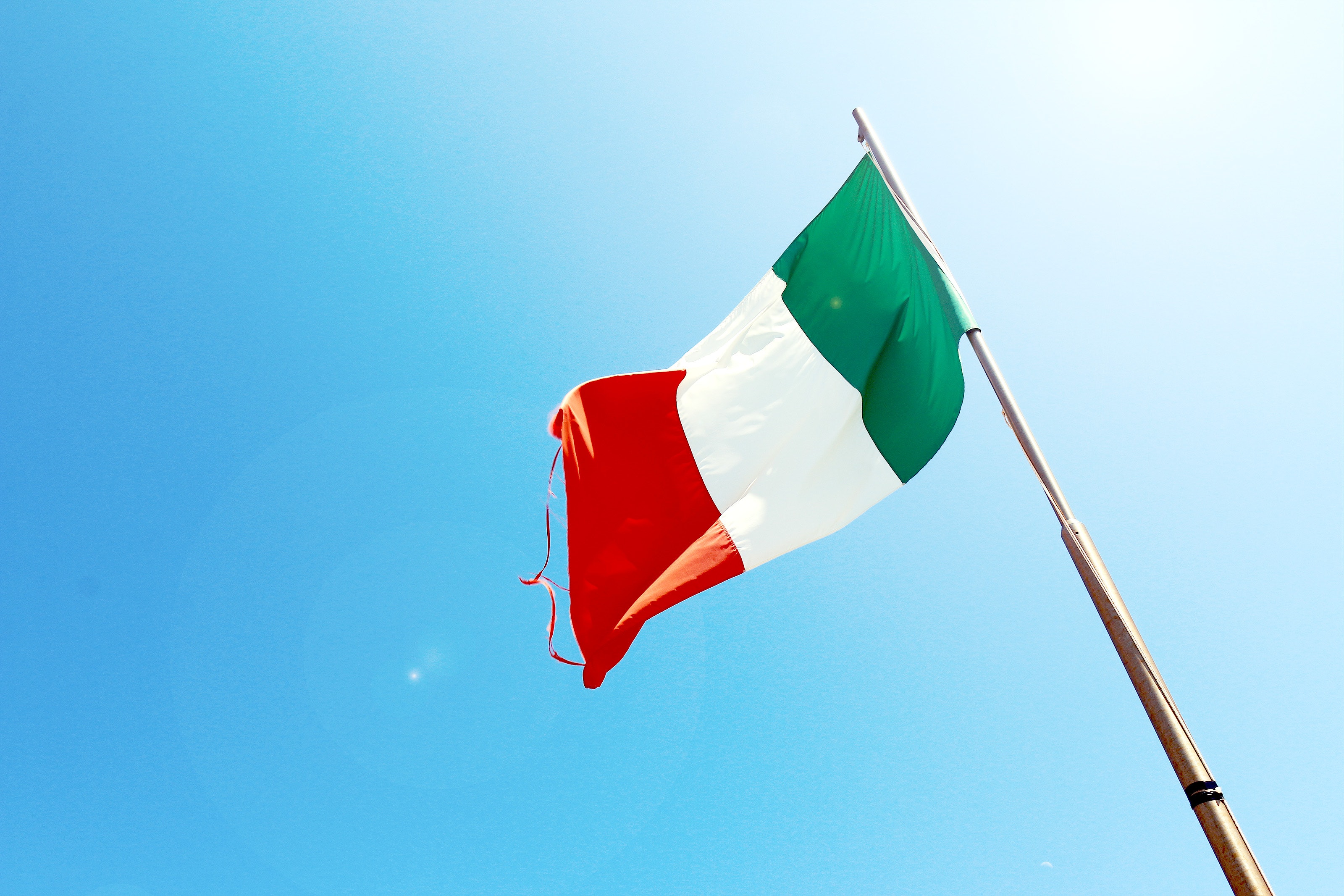Background to the plastic tax in Europe
On July 3, 2021, the transposition deadline for Articles 4 and 5 of the EU Plastics Directive expired. These supposedly uniform regulations for the internal market are intended to ensure the free exchange of goods. However, the hesitant attitude of the EU Commission and ongoing discussions on this, lead to more and more countries enacting different regulations.
Theoretically, the use of certain disposable plastic products such as drinking straws, stirrers or EPS containers for take-away meals has since been banned. However, there is an EU-wide plastic levy – or plastic tax – with the aim of reducing plastic consumption. But this implementation is also designed differently in different countries.
For example, this directive has been implemented in Germany, Austria, Belgium, Portugal and Croatia.
France and Spain have even stricter environmental laws that affect online trade. Read the following article, among others:
The Triman Logo: Obligations for e-commerce in France
Implementation of the plastic tax in Italy
After the original implementation was already scheduled for 2020, the plastic tax in Italy was to come into force at the beginning of 2023. A model similar to that implemented in Spain or the UK is planned. The aim here – analogous to the European directive – is to achieve a reduction in the production and consumption of single-use plastic products (MACSI) and to support the sustainability of the circular economy.
Taxable products
Taxable products are products that consist partially or completely of organic polymers of synthetic origin. In addition, such products that serve to enclose, protect or supply goods or foodstuffs and are not intended for reuse. Examples include bottles, bags and food containers. However, products for permanent use are excluded, as well as medical devices or those used to store and protect medical preparations. Compostable plastic in accordance with DIN EN 13432 is also excluded. In addition, the tax does not apply to plastic material that comes from recycling processes.
Taxable person:
In the case of the taxable person, differences are made depending on the manufacture and the country of importation. If the goods are manufactured in Italy or if the manufacturer is resident in Italy, then the manufacturer is liable to pay the tax. In case of import from other EU member states, it differs according to the purpose. If companies acquire products in their economic activity, then the tax liability lies with them. If the product is purchased by private end users, the seller pays the tax. If goods are imported from non-EU countries, the importer is always liable to pay the tax.
Amount of the tax:
The amount of the tax is €0.45 per kilogram of virgin plastic contained. The tax does not apply to plastic material obtained from recycling processes.
Penalties for non-compliance:
In any case, it is important to note that in case of non-payment of the plastic tax, the taxpayer will face high penalties. This penalty is between two and five times the unpaid tax – but at least 250€. Late payments are also sanctioned. Here, an administrative fee of 25-% of the tax owed – at least 150€ – is incurred.
UPDATE – Postponed start date to 01 July 2026
After the implementation was originally planned for 1.1.2023 and then for 1.7.2024, Italy has again postponed the introduction of the plastic tax. It is currently planned for the 1 July 2026.
For (non-) European mail order companies delivering to Italy, it is definitely important to keep an eye on possible news on this and act accordingly.
If you are unsure which packaging laws apply to you, we will be happy to help! In addition, we also offer individual consulting on the Implementation of the Labeling Obligations for the various countries:
Do you need help with your individual packaging laws?
Our team of experts can help you with fullfilling Packaging Laws in any European Country! In Addition we woudl be glad to help you with fullfilling your Labeling Obligations. Simply request our Premium Labelling Service via this contact form. Our team will get in touch with you shortly!
More about the packaging law in Italy:
Packaging law in Italy calls for labelling obligations
